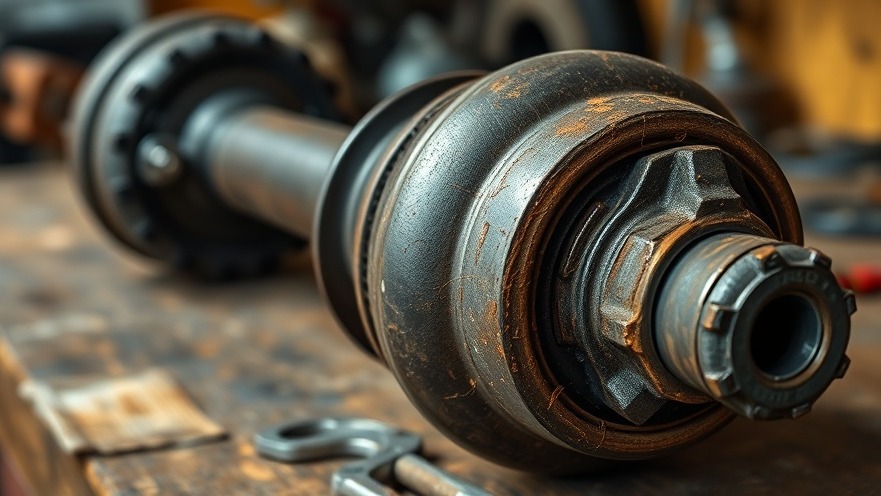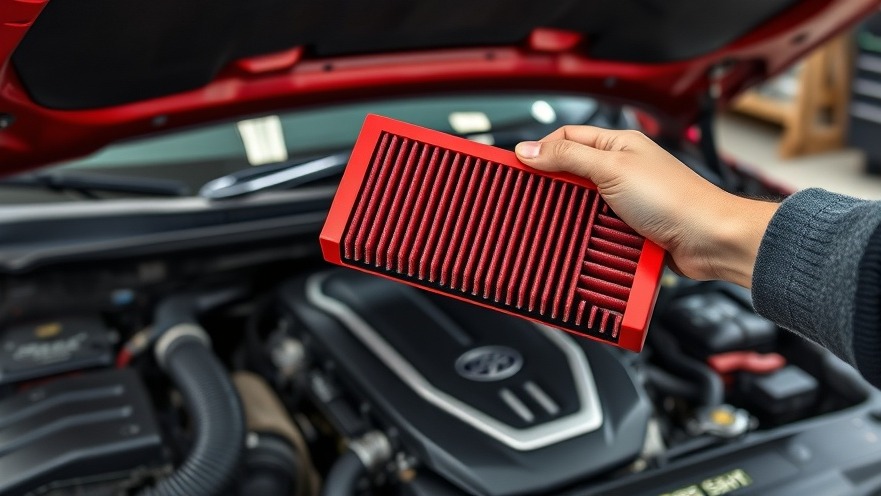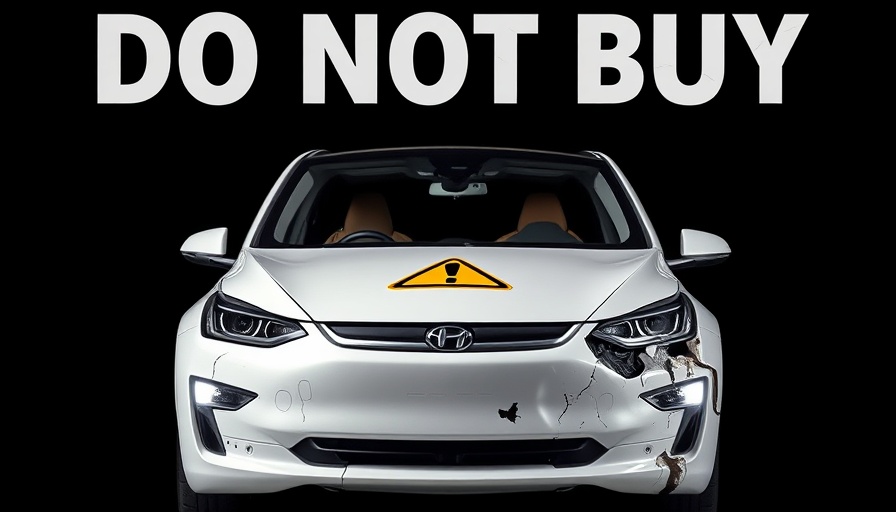
Deciding Between New and Used Cars
When it comes to choosing between a new or used car, many buyers may find themselves overwhelmed. Is purchasing a lightly used vehicle really the smart financial decision it’s often portrayed to be? The reality is a bit more complex than the conventional wisdom that buying used is always the best option.
In 'New vs Used Car || Does Buying Lightly Used Really Save You Money?', the discussion dives into the complexities of the new versus used car debate, exploring key insights that sparked deeper analysis on our end.
The Depreciation Myth: Is It Really That Simple?
For years, financial experts have cautioned against buying new cars due to the immediate depreciation they face the moment they leave the dealership. According to this perspective, a new car can lose up to 20% of its value right off the lot, leading many to conclude that purchasing a used vehicle is more prudent. However, this blanket statement overlooks a crucial detail: not all vehicles depreciate at the same rate. For example, popular models from manufacturers like Toyota, Honda, and Subaru tend to maintain their value reasonably well, losing an average of only 10-20% in the first few years. The Toyota RAV4, a vehicle that consistently ranks as one of the bestselling cars in North America, exemplifies this, seeing just a 20% depreciation after three years.
Consider Costs Beyond Just Purchase Price
While saving money is often the primary driver behind the used versus new dilemma, other financial factors come into play. For instance, financing a used car can be a costly endeavor; interest rates for used vehicles typically hover between 7% to 10%, while new car loans often sit around 3% to 6%. This difference can negate any potential savings from purchasing a slightly older vehicle. Additionally, a used car may not come with the same warranties and may require more frequent repairs, leading to increased long-term expenses. Buyers should consider all these factors when determining whether they are truly saving money.
When Buying Used Can Actually Be Smart
Despite the advantages of new vehicles, there are scenarios where purchasing a used car makes the most sense. Luxury brands, like Mercedes or BMW, experience substantial depreciation, leading to significant savings for buyers who purchase lightly used models two to three years old—potentially saving thousands while still benefitting from existing warranties.
The Value of Certified Pre-Owned Vehicles
Another viable option in the used car market is the certified pre-owned (CPO) vehicle. CPO cars come from authorized dealerships, having undergone thorough inspections and often come with extended warranties. They present a compelling option for those who want a used car that has been vetted for quality at a lower price than new models.
Adapting to Market Changes
Current market dynamics complicate the simple choice of used versus new. With the ongoing tariff issues impacting car prices, used car costs have surged. This trend suggests that, in certain situations, purchasing new may not be as outrageous economically as it seems. According to recent studies, tariff-induced prices may lead to increases in used car prices between 5% to 10%, further narrowing the gap with new vehicle prices.
Ultimately, the decision to buy new or used must be tailored to individual circumstances, including the type of vehicle, the terms of financing, and personal financial situations. Evaluate your options carefully to ensure that your choice brings real financial benefits in the long run.
 Add Row
Add Row  Add
Add 




 Add Row
Add Row  Add
Add 

Write A Comment